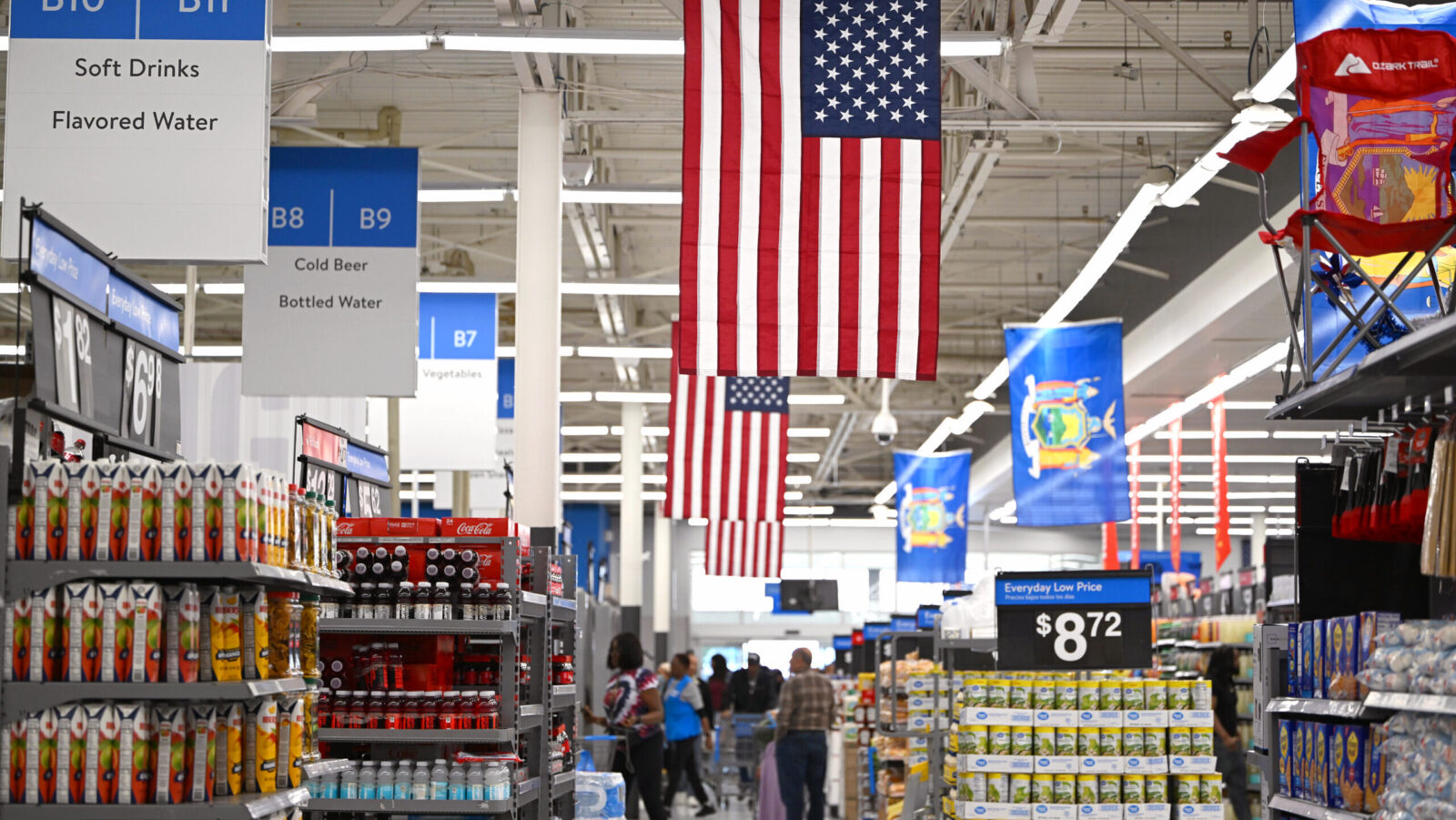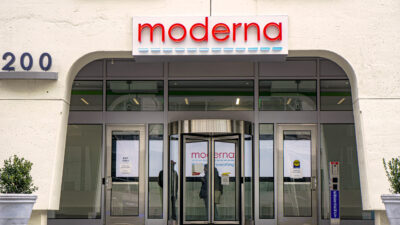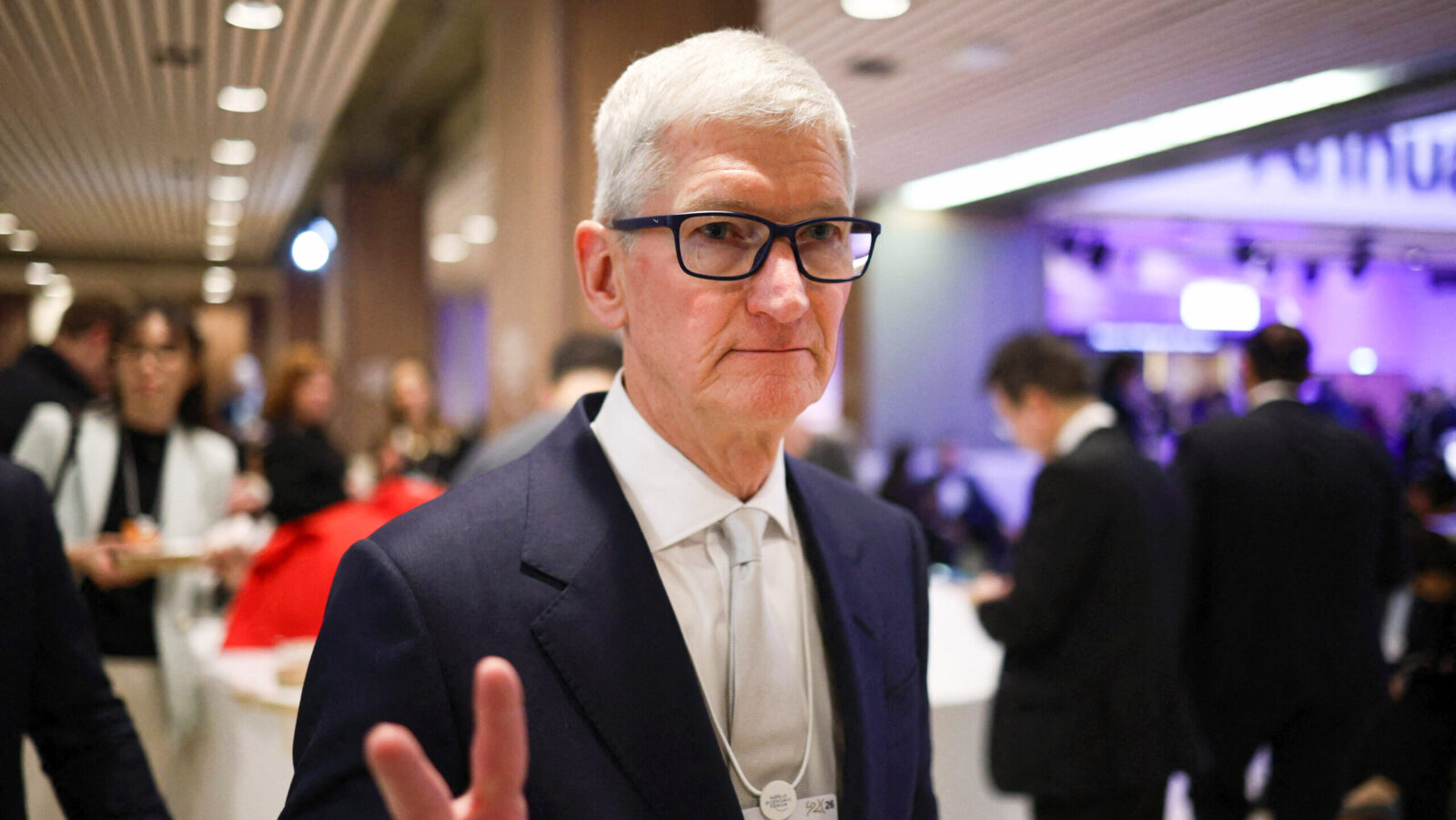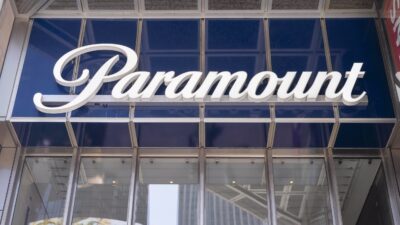Cable Giants Charter and Cox Swipe Right on Each Other
Cable giants Charter and Cox are set to merge in an effort to fend off erosion to internet business thanks to wireless competition.
Sign up for smart news, insights, and analysis on the biggest financial stories of the day.
Sometimes misery doesn’t just love company but may also require it.
Charter Communications, America’s second-largest publicly traded cable operator, and privately held cable giant Cox Communications announced Friday that they have agreed to join forces. Charter will purchase its competitor from the Cox family in a $21.9 billion deal in hopes of gaining the heft to better compete in an increasingly challenging market.
Moat Overrun
Charter CEO Chris Winfrey said on a conference call that the combined company’s network will reach 46 states and be available to roughly 70 million households and businesses — that would leapfrog Comcast, which reaches 64 million homes and businesses, according to its website.
After a contentious 2009 bankruptcy that left many creditors unhappy, Charter pursued mergers to build an economic moat in the struggling TV business, which left it nipping at the heels of Comcast. In 2013, it bought $1.6 billion in assets from now defunct Cablevision and, in 2016, was given the regulatory go-ahead on a $78 billion purchase of Time Warner Cable and a $10.4 billion acquisition of Bright House Networks. In recent years, however, the industry’s struggles have spread beyond declining cable subscriptions and cord-cutters opting for streaming services:
- Charter and rivals grew their subscriber ranks by millions offering cable internet, but that business line has been disrupted by a wave of new competition from outside the traditional cable business. Mobile carriers, like T-Mobile and Verizon, have added millions of wireless customers now that 5G mobile technology allows them to offer internet speeds comparable to cable, often for less.
- At the end of the first quarter, Charter had 30 million broadband customers, a decrease of 60,000 from the previous three-month period; it also shed 181,000 cable TV customers, bringing its total to 12.7 million. Comcast reported losing 199,000 broadband customers in the first quarter, an acceleration from the 139,000 it lost in the final quarter of 2024. T-Mobile, by contrast, added 424,000 high-speed internet customers in the first quarter.
Limbo Lifted: Verizon has been involved in a major telecommunications deal of its own, having proposed to buy Frontier Communications for $20 billion last year. The transaction was stuck in limbo, however, when Federal Communications Commission Chair Brendan Carr launched a probe into Verizon’s diversity, equity and inclusion practices, which the Trump administration has discouraged in corporate America. Verizon agreed to end its DEI policies last week and, on Friday, the FCC approved its Frontier acquisition.












